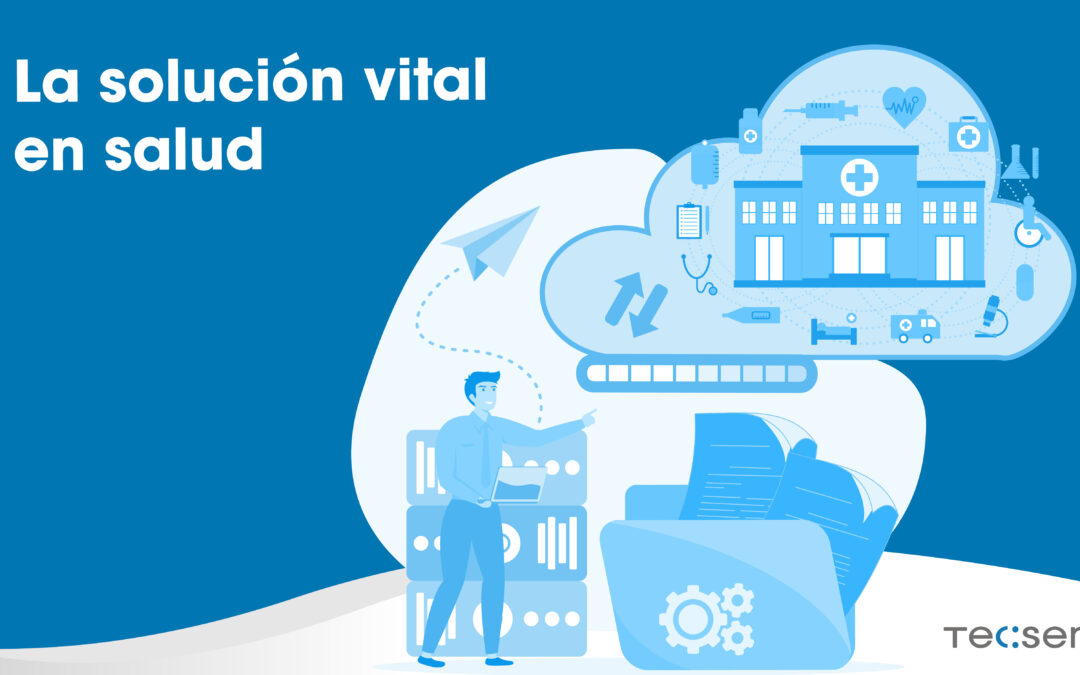Health is a fundamental aspect in the life of any individual, and today, technology plays a crucial role in healthcare and information management. Disaster recovery is an essential practice in this field, as it ensures the availability and security of critical data in emergency situations. In this article, we will explore the importance of Disaster Recovery, the vital solution in health, and how it contributes to the continuity of medical care.
Disaster Recovery (DRaaS): The Vital Solution in Healthcare
Disaster Recovery (DRaaS) refers to the strategy and set of procedures that enable the recovery of critical data and continuity of operations in the event of an unexpected outage. In the context of healthcare, this means that even in the midst of a disaster or cyber incident, essential medical data will remain available and secure.
Why is Disaster Recovery the life-saving solution in health?
Continuity of Care
In emergency situations, continuity of care is a top priority. Doctors and healthcare personnel need immediate access to critical information to make informed decisions and provide appropriate treatments. DRaaS ensures that patient records, medication information, medical images, and other relevant data are available at all times, which can make the difference between life and death.
Legal Compliance
The healthcare sector is subject to strict regulations and data security standards. Laws such as the Health Insurance Portability and Accountability Act establish specific requirements for the protection of health information. Failure to comply with these regulations can result in serious penalties. Implementing a DRaaS plan is essential to ensure legal compliance and avoid negative legal and financial consequences.
Protection Against Cyberattacks
The increasing sophistication of cyberattacks poses a serious threat to health information. Hackers seek to access and steal sensitive medical data for various purposes, such as identity theft or ransom. A robust DRaaS plan not only protects data against internal and external threats, but also makes it easier to recover data in the event of a successful attack.
Downtime Reduction
Downtime in the healthcare environment can be costly and dangerous. Medical information systems and applications must be constantly available to ensure quality care. A well-designed Disaster Recovery plan minimizes downtime by enabling rapid recovery of systems and data, which in turn reduces the negative impact on patient care.
Risk Management
Disasters, both natural and man-made, are inevitable. However, risk management is an effective strategy to reduce the impact of these events. DRaaS is an integral part of risk management in the healthcare sector by ensuring that even in the worst-case scenario, vital information is not completely lost.
Reputation Protection
Public trust in health institutions is essential. When data breaches or loss of medical information occur, an organization’s reputation can take a significant hit. A proactive approach to DRaaS demonstrates a commitment to the security and protection of patient data, helping to maintain the trust of patients and business partners.
Cost Savings
Although implementing a disaster recovery plan requires an investment of time and resources, in the long run, it can save significant costs. Data recovery after a disaster is costly and can be time-consuming. An effective DRaaS plan allows for faster and cheaper recovery, minimizing expenses associated with data loss and downtime.
Preparing for the Future
Technology and threats in the healthcare sector continue to evolve. A DRaaS plan should be adaptable and constantly under review to keep up with the latest trends and threats. This ensures that healthcare organizations are prepared to meet whatever challenges the future holds.




